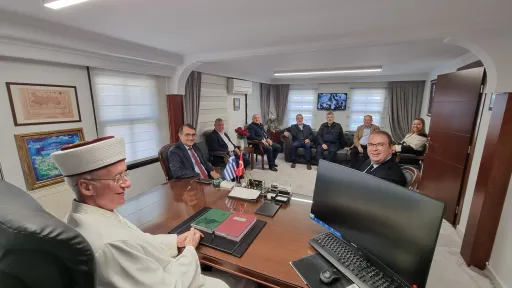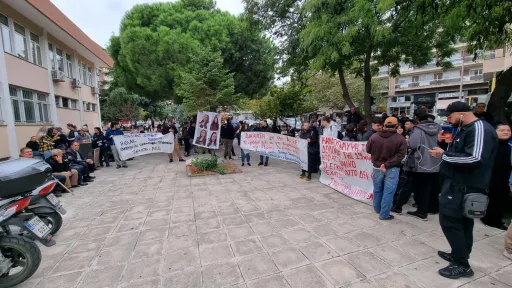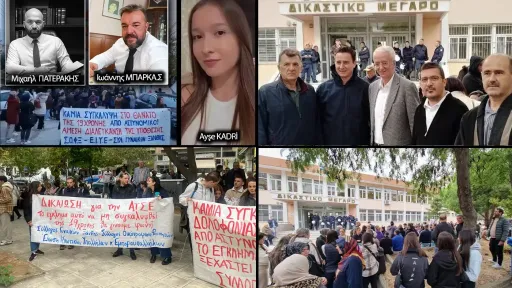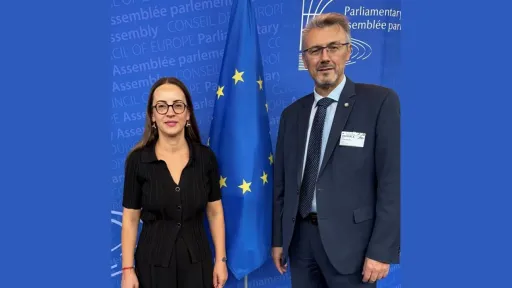Burhan Baran criticizes Bektashi–Alevi law: “An intervention in the Minority structure”

While the draft law appears to promote religious freedom, Baran warns that it poses serious risks to the structural unity of the Muslim Turkish minority in the region.
"A Restructuring Attempt Beyond Individual Rights"
“Every individual has the undeniable right to practice their faith and organize accordingly,” said Baran. “However, this law goes beyond individual rights and seeks to reshape the governance of the minority as a whole.”
Referring to his interview with Empros newspaper on July 18, 2025, Baran reiterated his concerns, noting that the proposed legislation grants the Bektashi–Alevi community rights in areas such as worship, education, and foundation management. Yet, he believes the move threatens the unity of the Muslim minority, which is recognized as a single religious entity under the Treaty of Lausanne.
"Cannot Be Justified — Paves the Way for Division"
Baran argued that the Bektashi–Alevi community has historically maintained its religious institutions without state interference, making the claim that the bill “protects rights” untenable.
“The real question here is this: Is this addressing a genuine need, or is it part of a larger political engineering strategy?”
He contended that the initiative serves as a strategic move aimed at creating internal divisions within the minority community, rather than promoting religious pluralism.
“Social Stability at Risk”
Baran emphasized that such legal measures might destabilize the social fabric rather than support religious diversity:
“Though this law appears on paper to be an expression of freedom, in reality, it constitutes an intervention in the structure of the Muslim minority protected under the Treaty of Lausanne.”
“Dialogue and Inclusivity Must Prevail”
In conclusion, Baran underscored that while religious freedom is a fundamental right for all communities in Greece, it must not be exercised in a way that undermines constitutionally recognized minority structures.
“This draft law is not merely a domestic legal matter—it contradicts international obligations as well.
Issues like this must be handled through an inclusive and dialogue-based approach to ensure social peace and the sustainability of minority rights.”
Baran’s statement has sparked significant debate within Western Thrace’s Turkish minority. Attention now turns to the Greek Parliament’s upcoming deliberations on the proposed legislation.







